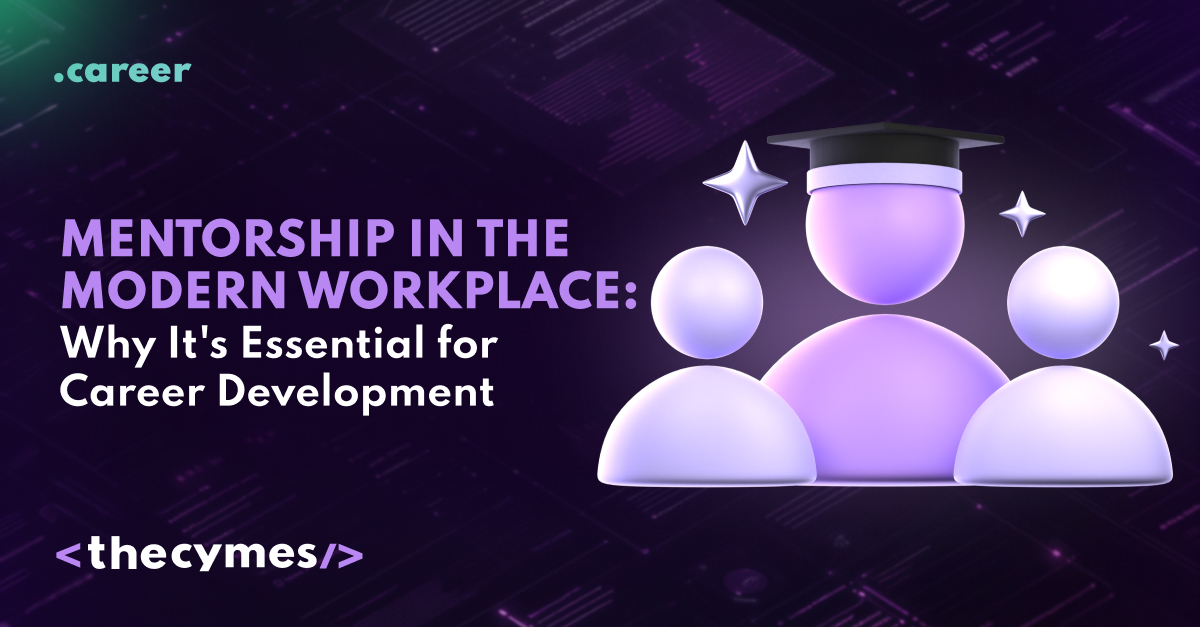.entrepreneurship5 September 15:59
0<
Mentorship in the Modern Workplace: Why It's Essential for Career Development
/>Are you feeling lost in your career? We've all been there, but even if so, a mentor can always help you! be updated on the latest tech newsGet exclusive news updates and overview on tech market




